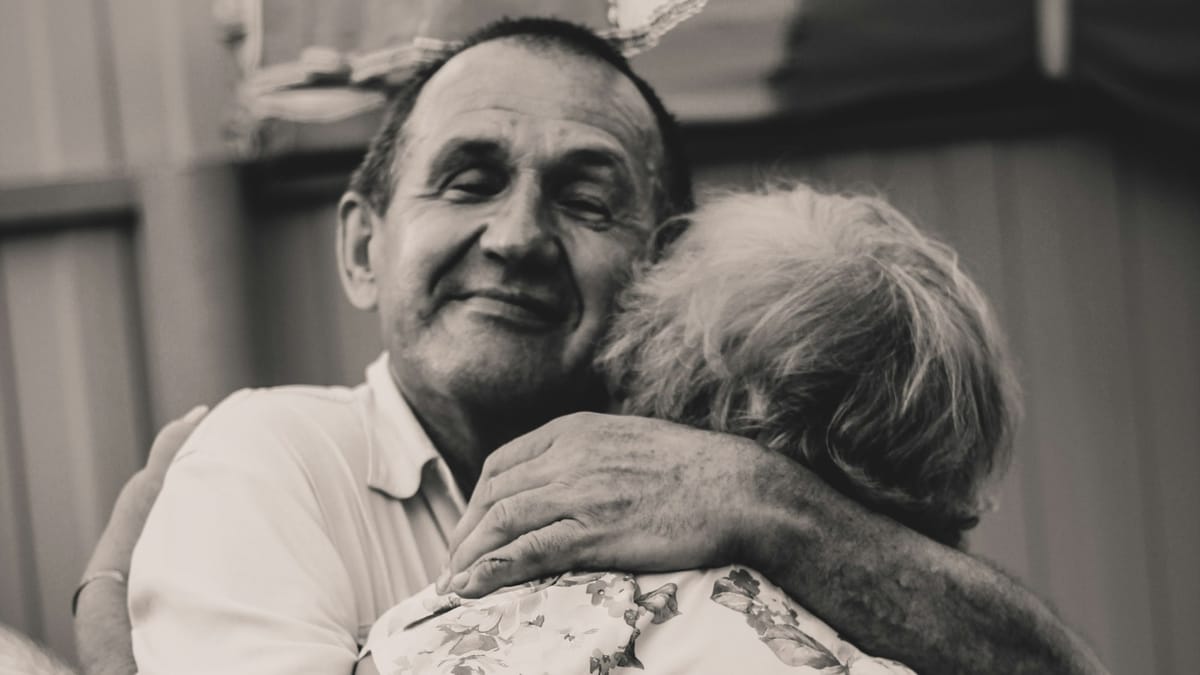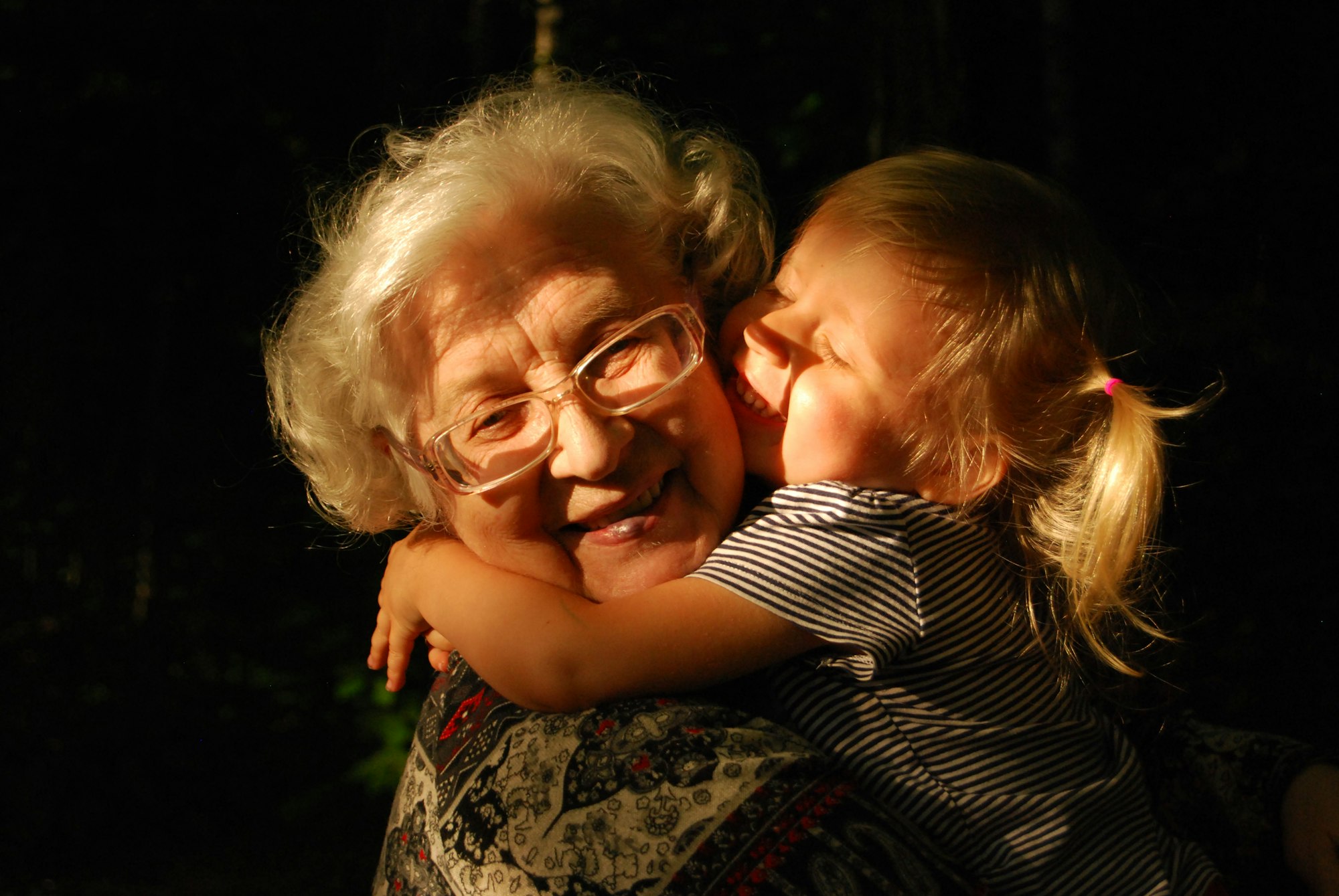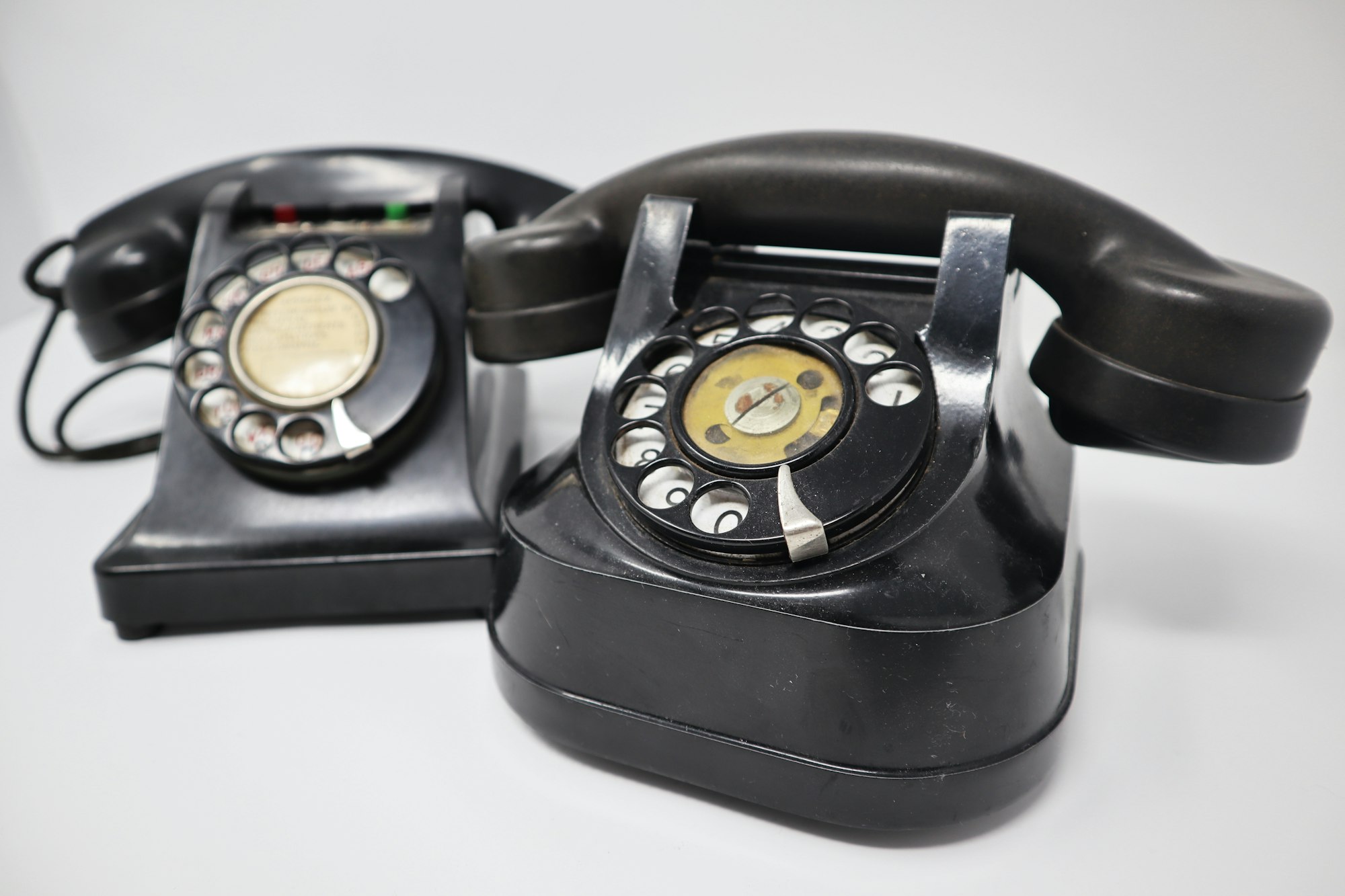Embracing Wellness: How Hugs Offer Profound Health Benefits for Individuals with Dementia and Their Caregivers
Discover the transformative power of hugs for dementia patients and caregivers. This post explores how embracing can lower stress, boost immunity, and foster emotional connections, offering a simple yet profound way to enhance health and well-being in the face of dementia's challenges.

Who knew there were so many health benefits to a hug!
In the realm of caregiving, especially for those supporting loved ones with dementia, the power of a simple hug is often underestimated. As research continues to unveil, the act of hugging not only fosters emotional connection but also brings a multitude of health benefits. This article delves into the various ways in which hugs can positively impact both individuals with dementia and their family caregivers, exploring how this simple gesture can combat anxiety and enhance overall well-being.
The Healing Power of Hugs: A Scientific Perspective
The health benefits of hugs are substantial and multifaceted. Scientific studies have shown that hugging releases oxytocin, often referred to as the 'love hormone.' This release can lead to reduced blood pressure and heart rate, making hugs particularly beneficial for cardiovascular health. Additionally, the act of hugging can boost the immune system, decrease stress levels, and reduce feelings of loneliness, which are common in both dementia patients and their caregivers.
Understanding the Health Benefits of Hugs
The act of hugging, often perceived as a simple gesture of affection, is indeed a powerful catalyst for numerous health benefits. Grounded in scientific research, the multifaceted advantages of hugging extend from psychological well-being to tangible physical health improvements. This section delves deeper into these benefits, highlighting how hugging can be especially beneficial for individuals with dementia and their caregivers.
The Release of Oxytocin: More Than Just the 'Love Hormone'
One of the primary effects of hugging is the release of oxytocin. Termed the 'love hormone,' oxytocin plays a crucial role in building social bonds and nurturing feelings of trust and empathy. Research conducted by the University of North Carolina found that hugging leads to increased levels of oxytocin, resulting in lowered heart rates and blood pressure. This is particularly important for caregivers who are at risk of cardiovascular issues due to the stress and demands of caregiving. For dementia patients, the release of oxytocin can create a sense of calm and security, vital in managing their emotional state.

Impact on Cardiovascular Health
The cardiovascular benefits of hugging are substantial. A study published in the journal "Psychosomatic Medicine" revealed that participants who received more hugs had lower blood pressure and heart rates, indicating a direct link between hugging and heart health. This is particularly significant for dementia patients, who may already have compromised cardiovascular systems, and for caregivers, who often face high levels of stress that can negatively impact heart health.
Boosting the Immune System
Hugging's ability to boost the immune system is another vital benefit. Research from Carnegie Mellon University suggests that the physical and emotional support indicated by hugging can help individuals resist infections. For caregivers and dementia patients, who often experience weakened immune responses due to stress and aging, regular hugging can be a simple yet effective way to enhance their body's ability to fight off illness.
Decreasing Stress and Reducing Loneliness
The reduction of stress levels through hugging is well-documented. The physical contact involved in a hug can decrease the production of cortisol, the body’s primary stress hormone. This reduction is critical for caregivers, who frequently experience high levels of stress and burnout. In dementia patients, reduced stress can lead to fewer behavioral problems and a more stable emotional state. Furthermore, hugs help alleviate feelings of loneliness, a common issue in both groups. The physical closeness and emotional connection fostered by hugging combat feelings of isolation, providing a sense of belonging and comfort.
Hugs and Mental Health: Tackling Anxiety and Depression
Hugging's role in managing mental health, particularly in reducing symptoms of anxiety and depression, is noteworthy. The sensory input from a hug can stimulate the parasympathetic nervous system, producing a calming effect. This is especially beneficial for those with dementia, as anxiety and agitation are common symptoms. For caregivers, regular physical contact through hugs can serve as an emotional lifeline, helping to maintain mental health and resilience.
The health benefits of hugs, underpinned by scientific research, are comprehensive and impactful. The release of oxytocin, cardiovascular improvements, enhanced immune function, stress reduction, and support for mental health collectively illustrate how this simple act can have profound effects. For individuals with dementia and their caregivers, incorporating hugging into daily routines offers a natural, effective way to improve both physical and emotional well-being, reinforcing the importance of human touch in caregiving.
Hugging and Mental Health: Combating Anxiety and Depression
One of the most compelling aspects of hugging is its ability to help with anxiety. Both caregivers and dementia patients often experience high levels of stress and anxiety. Engaging in regular hugging can trigger the release of endorphins and serotonin, reducing anxiety and elevating mood. For individuals with dementia, whose verbal communication might be limited, hugs offer a non-verbal form of connection and reassurance, which can be particularly comforting.

Hugs in Dementia Care: More Than Just Physical Touch
Building Emotional Connections
In dementia care, where patients might struggle with cognitive impairments and memory loss, a hug can serve as a powerful tool for emotional connection. It conveys warmth, safety, and affection, aiding in bridging the communication gap caused by dementia. For family caregivers, these moments of connection are invaluable, providing a sense of closeness and mutual understanding.
Easing Caregiver Burden
Caring for a loved one with dementia can be emotionally taxing. Caregivers often face feelings of isolation, frustration, and exhaustion. Hugging benefits caregivers by offering a moment of solace and respite. It's a reminder that they are not alone in their journey and that simple acts of affection can be profoundly healing.
Practical Tips for Incorporating Hugs into Dementia Care
Be Mindful of Comfort Levels: Always ensure that the person with dementia is comfortable with physical touch. Pay attention to their body language and verbal cues.
Create a Routine: Establishing a routine that includes hugging can provide a sense of security and predictability for dementia patients.
Use Hugs to Communicate: Utilize hugs as a means to communicate love, reassurance, and presence, especially when verbal communication is challenging.
Involve Other Family Members: Encourage other family members to engage in hugging, fostering a supportive and loving environment.
Seek Consent: Always ask for permission before initiating a hug, respecting the individual's boundaries and preferences.
Embracing the Power of Hugs
The act of hugging, though simple, carries profound benefits for both individuals with dementia and their caregivers. It transcends the barriers of verbal communication, offering a deep sense of connection, comfort, and emotional support. By integrating hugs into the care routine, caregivers can not only improve the well-being of their loved ones but also find a source of strength and resilience for themselves. In the face of dementia's challenges, a hug can be a powerful reminder of the enduring power of human connection and affection.
You might also like this article:








